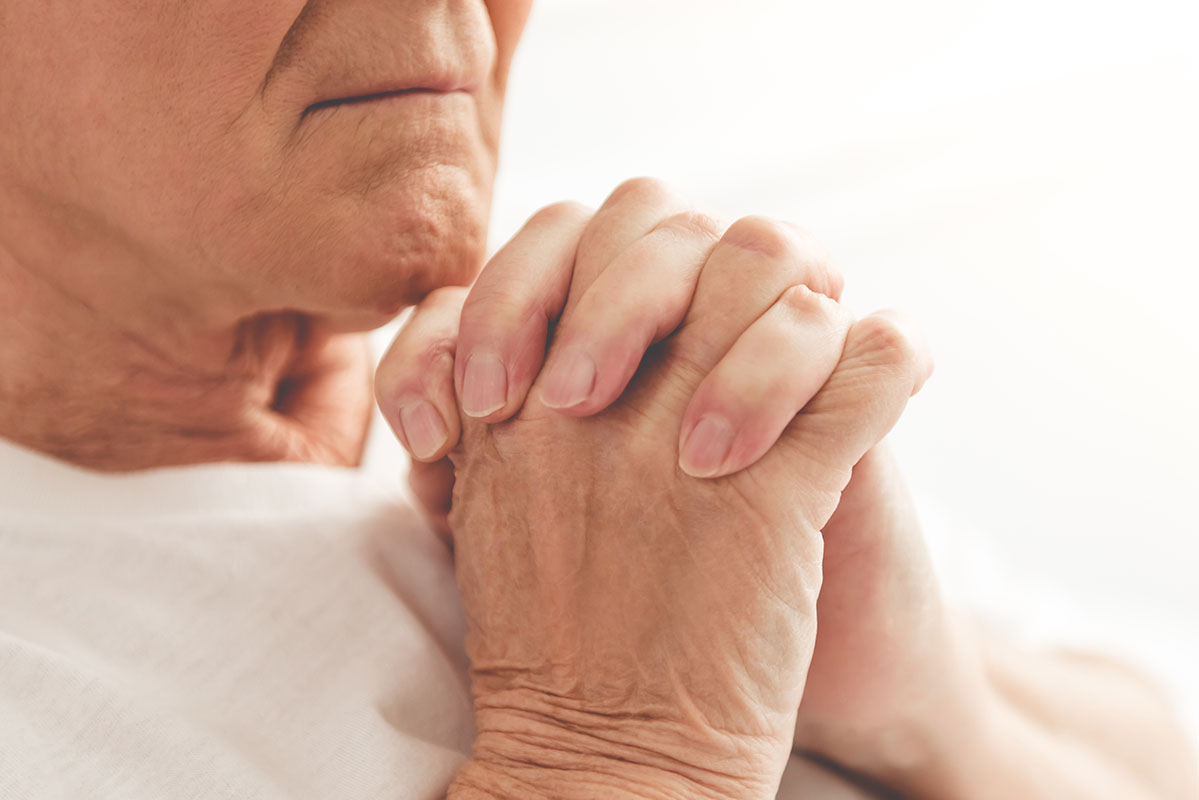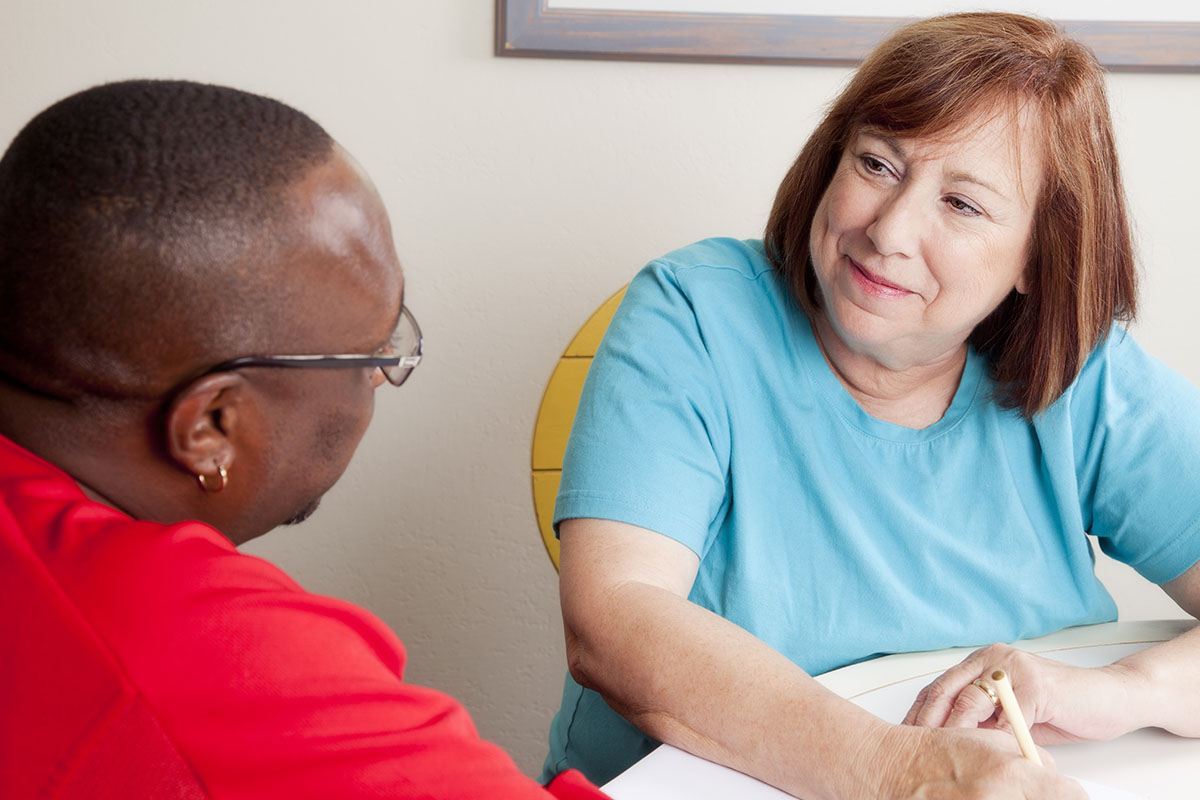Meet Your Care Team
Find helpful resources to care for your loved one.
Care Team Members

Medical Staff
Our physicians and advanced registered nurse practitioners (ARNPs) have extensive training ...
in pain and symptom management, and the emotional concerns associated with end-of-life care. They oversee the plan of care, prescribe medications and consult regularly with other members of the team.

Nurses
You will be assigned a nurse case manager, who is responsible for managing your individualized ...
plan of care and your care team. They will provide skilled nursing care, working closely with you and our medical staff to manage your pain and symptoms, and inform and support your loved ones.
Psychosocial professionals will care for you and your loved ones’ emotional and grief needs throughout ...
all stages of the illness. They also will provide counseling, assist with financial concerns, advance care planning, caregiving arrangements, make referrals to other community agencies as needed and/or just be there to listen.
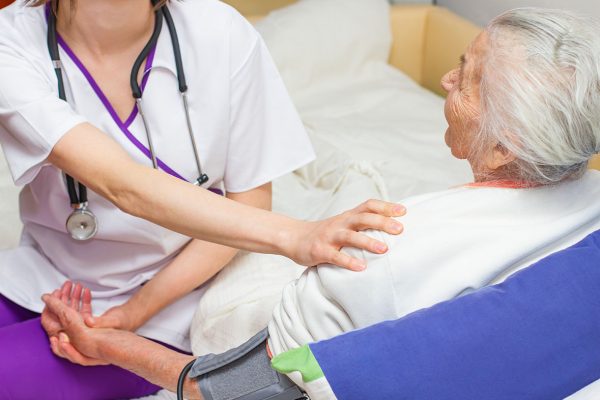
Hospice Aides (Certified Nursing Assistants)
Our hospice aides are certified professionals and have specialized training in end-of-life care.
They can provide added comfort by assisting with personal care needs, including bathing, hair care, shaving, skin care, feeding and changing bed linens.
Our chaplains are available to provide spiritual support, connect with your faith community, and take ...
a non-denominational approach without imposing their own personal religious beliefs on those they support.
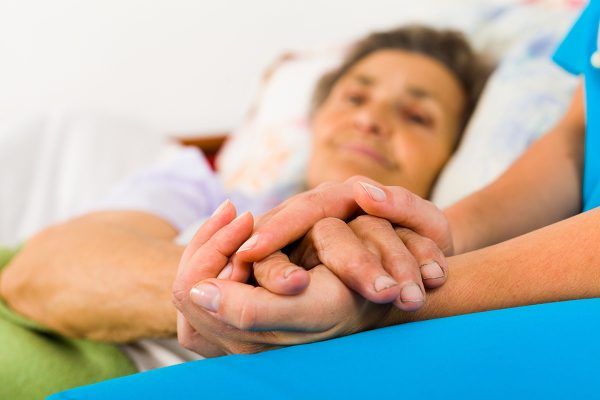
Volunteers
Our volunteers receive training to support you and your family, and can offer any of the following: ...
Come for a visit, run an errand, pray with or for a patient, read to patients, provide gentle touch or hand massage, or pet therapy. Contact your team to request a volunteer or click here to find out how a volunteer can support you.
Providing the support you need
No one asks to be a caregiver. It can be very hard work, but our teams are here to lighten your load.
We provide medications for treatment of symptoms related to the hospice diagnosis and included in the plan of care. We review all medications with our medical director and pharmacist, who are experts in pain and symptom control, to ensure the best possible symptom management.
We provide patients with medical supplies and durable medical equipment (DME) as called for in their customized plan of care. Our dedicated, trained DME technicians offer a caring, gentle approach to delivering equipment during this sensitive time. Our care team requests all equipment, relieving caregivers of the physical and financial burden of arranging for these items. Equipment can include things like hospital beds, specialty mattresses, oxygen, wheelchairs and items to help with activities of daily living.
Our experienced care team members have walked this journey with many families. They will take the time to get to know you and share important updates about your loved one. They will also provide you with information and resources about the illness and the dying process, so you can prepare for what’s next.
Sometimes caregivers need to take a break from offering care to replenish their caring spirit. It’s not a selfish thing; in fact, it’s necessary for all caregivers. Our care team can assist with arranging volunteer companionship or short-term respite care when needed.
After a long day of caregiving, sometimes all you need is someone to listen. Our care team is here with compassion—to answer questions, provide guidance, or simply be present. Chaplains can offer spiritual support or connect you with leaders from your own faith community. Caregiving can also make everyday tasks overwhelming. Our social workers are here to ease the load by helping with insurance applications, connecting you to community or government resources, and pointing you to counseling or support groups when needed.
It is sometimes hard to eat enough food to give your body the nutrition it needs. While decreased appetite and tolerance to some foods can be a normal part of illness and disease progression, there are ways to try to boost the amount of calories and protein you take in without having to eat more food. Consume only what you tolerate with a focus on comfort and, if you are a caregiver, encourage, but never force or insist that the person eat or drink.
View Helpful Recipes »
Providing the support you need

Medications
We provide medications for treatment of symptoms related to the hospice diagnosis and included ...
in the plan of care. We review all medications with our medical director and pharmacist, who are experts in pain and symptom control, to ensure the best possible symptom management.
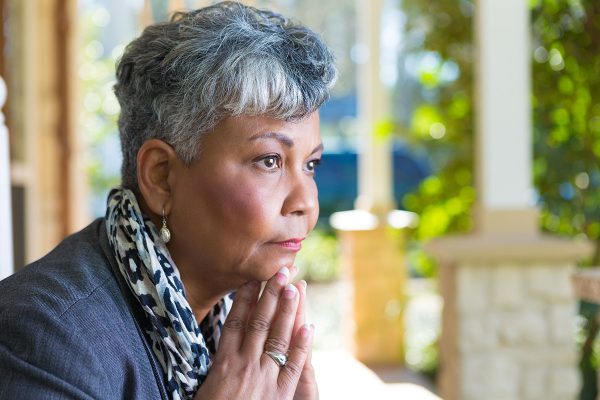
Equipment & Supplies
We provide patients with medical supplies and durable medical equipment (DME) ...
as called for in their customized plan of care. Our dedicated, trained DME technicians offer a caring, gentle approach to delivering equipment during this sensitive time. Our care team requests all equipment, relieving caregivers of the physical and financial burden of arranging for these items. Equipment can include things like hospital beds, specialty mattresses, oxygen, wheelchairs and items to help with activities of daily living.
Our experienced care team members have walked this journey with many families.
They will take the time to get to know you and share important updates about your loved one. They will also provide you with information and resources about the illness and the dying process, so you can prepare for what’s next.

Taking a Break
Sometimes caregivers need to take a break from offering care to replenish their caring spirit.
It’s not a selfish thing; in fact, it’s necessary for all caregivers. Our care team can assist with arranging volunteer companionship or short-term respite care when needed.
Relatively simple tasks can become challenging ordeals when you give so much of yourself as a caregiver.
Our social workers can help you complete vital insurance applications or identify community- or government-based services that can help. We can also point you to support groups and counseling opportunities if desired.
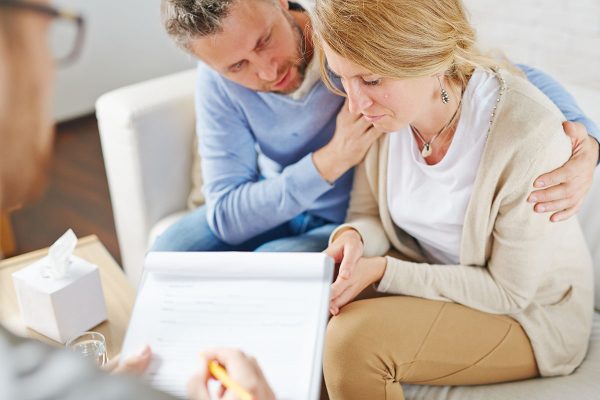
Emotional support
Sometimes all you want after a long day of caregiving is for someone to listen to you.
Our care team members are compassionate guides who take the time to listen, answer your questions or just be there when you need someone. Our chaplains also can provide spiritual counseling or request representatives from your faith community, should you want them.
It is sometimes hard to eat enough food to give your body the nutrition it needs.
While decreased appetite and tolerance to some foods can be a normal part of illness and disease progression, there are ways to try to boost the amount of calories and protein you take in without having to eat more food. Consume only what you tolerate with a focus on comfort and, if you are a caregiver, encourage, but never force or insist that the person eat or drink.
Empower Our Mission
The Foundation of Community Hospice & Palliative Care generates philanthropic and community support for patient care services, family needs and community programs.


